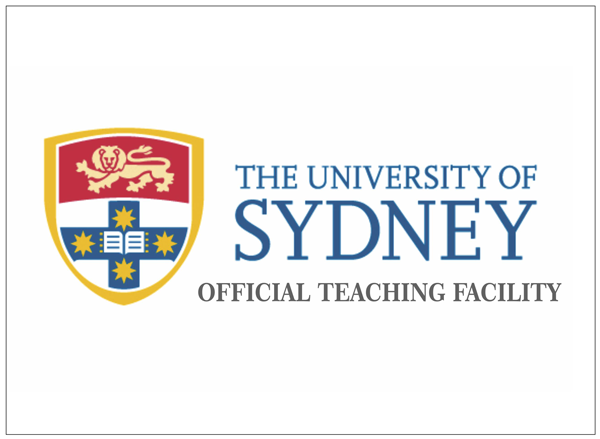ACL Injury
Understanding your Anterior Cruciate Ligament
Your Anterior Cruciate Ligament (ACL) is one of four ligaments that plays a vital role in the function of your knee. Made of tough fibrous material, the ACL attaches your femur (thigh bone) to your tibia (shin bone) to:
- Prevent your tibia from sliding out in front of your femur
- Provide rotational stability to your knee
What is an ACL Injury?
One of the most common problems involving the knee is a sprain or tear of the anterior cruciate ligament. An ACL injury is usually a sports-related knee injury, however 80% of sports-related tears occur without the contact of another player.
Most often ACL tears occur when pivoting, landing or stopping too suddenly. When torn, most people notice:
- A pain, which may be intense
- Inability to put weight on the affected leg
- Swelling in the knee joint within 24 hrs of the tear
- A “pop” sound from the tibia dislodging and moving back into place
If you injury your knee – no matter at home, work or on the field – immediately stop all activity to prevent any further injury. Keep your knee iced and elevated to reduce swelling.
How is an ACL Injury diagnosed?
Upon clinical knee examination, your physiotherapist will search for signs of ACL ligament instability. These tests place stress and pressure on the ligament to detect whether the ACL responds accordingly.
Additionally, an MRI helps to determine if you have an tear by examining for any associated injuries in the knee, such as bone bruising or meniscus damage.
Treatment for an ACL Injury
Within a few days patients that have suffered a ACL tear will start to feel normal again, because their swelling has settled, however this is when problems with knee instability may begin or worsen.
Tears do not necessarily require a reconstructive surgery. There are many important factors to consider before deciding to undergo a reconstruction surgery.
- Your age
- Do you experience knee instability?
- Your plans for the future?
Your best way to avoid surgery and recover from an ACL tear is through a Knee Rehabilitation Program involving leg strengthening, prevention of atrophy, balance retraining and restoration of your range of motion.
Liberty Physiotherapy has developed an extensive Knee Rehabilitation Program targeted at returning you to your former self.
Your physiotherapy treatment will aim to:
- Reduce pain and inflammation
- Restore your range of Motion
- Strengthen your knee: Quadriceps and Hamstrings
- Strengthen your lower limbs: Calves, Hip and Pelvis muscles
- Prevent atrophy
- Improve your proprioception, agility and balance
- Minimise your change of re-injury
In the case of an injury, we strongly suggest that you consult our specialist physiotherapist for a thorough examination and discuss a management plan.





